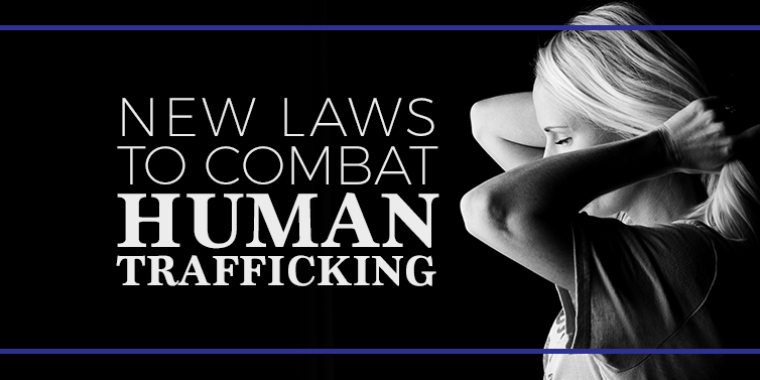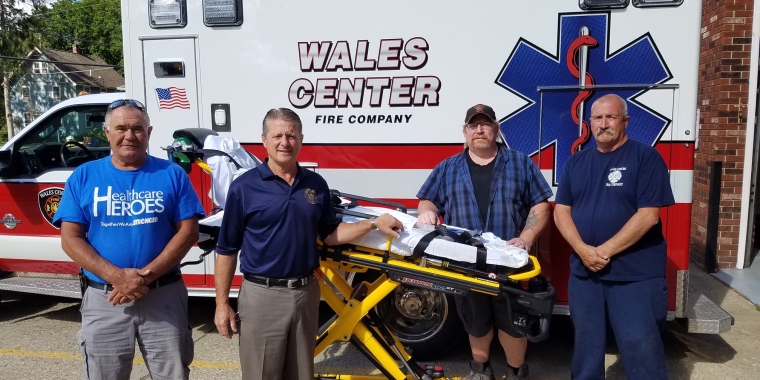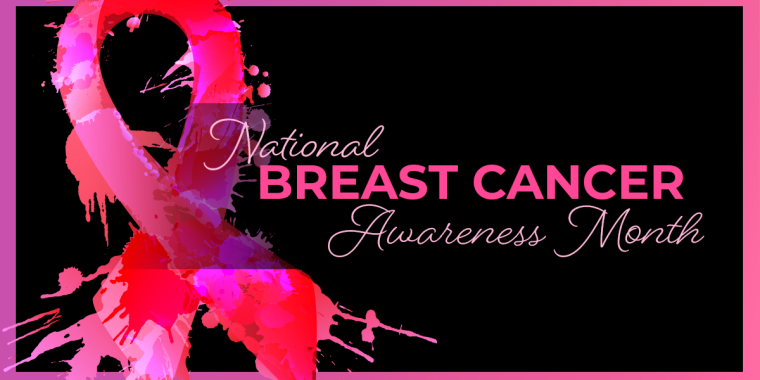
Bills to Combat Human Trafficking Are Signed Into Law
Jim Ranney
August 16, 2018
-
ISSUE:
- Human Trafficking

Senator Patrick M. Gallivan (R-C-I, Elma) announces three bills helping to end the sexual exploitation of children and provide victims of human trafficking with potentially life-saving services have become law.
Sex trafficking continues to plague communities across the state, and is especially damaging to the safety and security of children. In 2015, New York bolstered its criminal justice response to trafficking by increasing the accountability of traffickers and other exploiters while providing necessary protections for victims. However, the law did not go far enough in preventing the sexual exploitation of minors and holding traffickers more accountable for the devastating impact they have on the lives of children they abuse.
A new law (S5988A), co-sponsored by Senator Gallivan, closes this dangerous loophole by creating the necessary criminal charge of sex trafficking of a child – eliminating the need to prove force, fraud, or coercion where a child under 18 engages in commercial sex. Unlike federal law, New York statutes prior to the signing of this bill put the onus on prosecutors to prove force, fraud, or coercion was used in order to find a person guilty of sex trafficking, even if the victim is a minor.
“This legislation updates the old law, making it easier for prosecutors to bring charges against the criminals who target our children and holding them accountable for their heinous actions,” Gallivan said. “I also joined my colleagues in the Senate and Assembly in supporting legislation to help the victims of human trafficking by increasing access to life saving services, including shelter, medical treatment and counseling.”
Despite the fact that human trafficking is a multi-billion dollar industry, many New Yorkers never see its effects, and namely, the victims among us. According to the Polaris Project, trafficking networks often rely on legitimate businesses, such as hotels, to sustain their illegal operations. Hotels may be used to house victims while in transit or for the purchase and sale of victims' forced services, with traffickers running their business out of hotel rooms. Because hotels are a known location for exploitation of victims, hotels are an ideal location for presentation of information about services for victims.
A new law (S8874) requires facilities such as hotels, inns, and motels to provide informational cards on the services available to victims of human trafficking. Information about services, such as the national trafficking hotline, will be made readily available to trafficking victims and other hotel guests and displayed in public spaces such as public restrooms, individual guest rooms, and near the entrance. This will ensure that victims have access to a discreet informational card so they are able to call the hotline for help at a later time.
Another new law (S7836) will help expand the availability of the Human Trafficking Intervention Court (HTIC) Initiative to reach more victims. The Courts were created to provide alternatives to incarceration for people arrested on prostitution charges, since many of the defendants were also victims of human trafficking. Previous law stated that four of the six HTIC courts outside of New York City lack jurisdiction to see cases that originate outside of the local criminal courts where they are physically situated. This new law expands that jurisdiction so that more victims would be eligible to receive the crucial services that are appropriate for their individual situations, including counseling, job training, education, housing, and medical treatment, among others.
A bill (S8305) has also been delivered to the Governor for review and helps establish short-term and long-term safe house residential facilities to be operated by not-for-profit agencies for victims of human trafficking. The residential facilities will be crucial in providing vulnerable victims services that include emergency shelter, food, clothing, medical care, and counseling and crisis intervention.
For many victims of human trafficking, one of the most immediate needs is a safe, supportive place to stay, especially for survivors who are fleeing an exploitative work or living situation. Oftentimes victims throughout the state turn to temporary shelters set up for the homeless, domestic violence victims, and runaway youth. All these housing services can be helpful to human trafficking victims, but only if the victim meets each shelter system’s particular eligibility requirements. Trafficking victims sometimes slip through the cracks after not being able to find a vacant bed or unit despite their need, proving that more shelter capacity – specifically tailored for trafficking victims – is necessary.
-30-
related legislation
Share this Article or Press Release
Newsroom
Go to NewsroomSenator Gallivan 2023 Veteran Hall of Fame
November 10, 2023


The Fight Against Breast Cancer Never Ends
October 23, 2023

